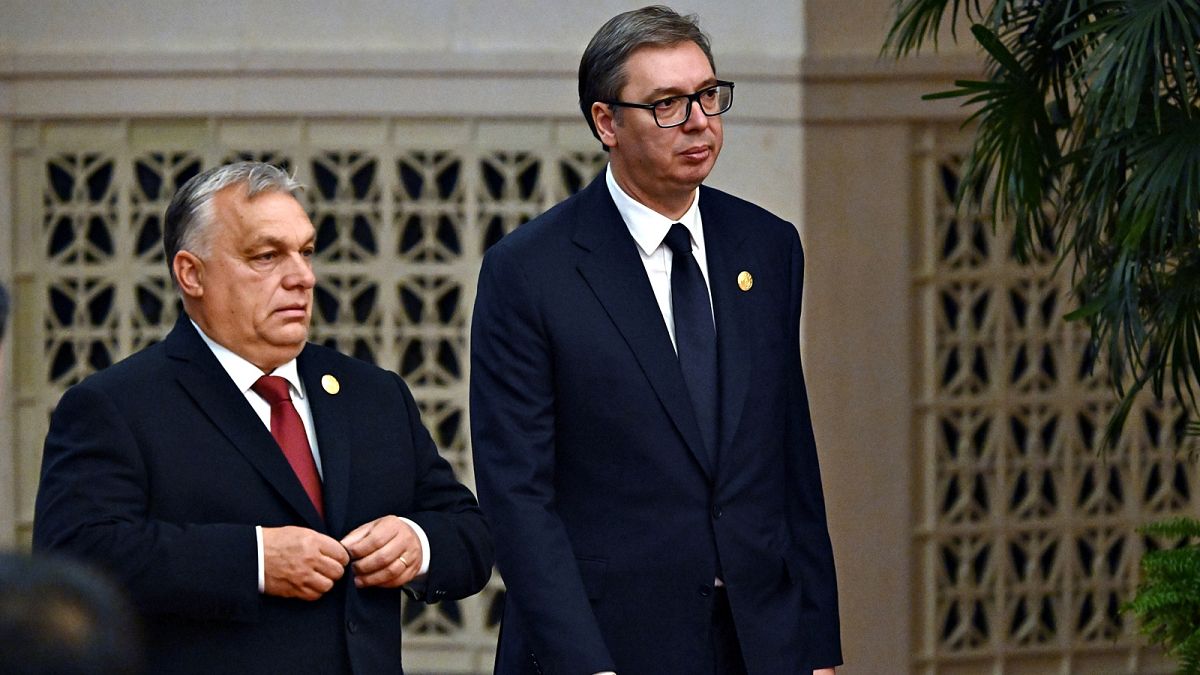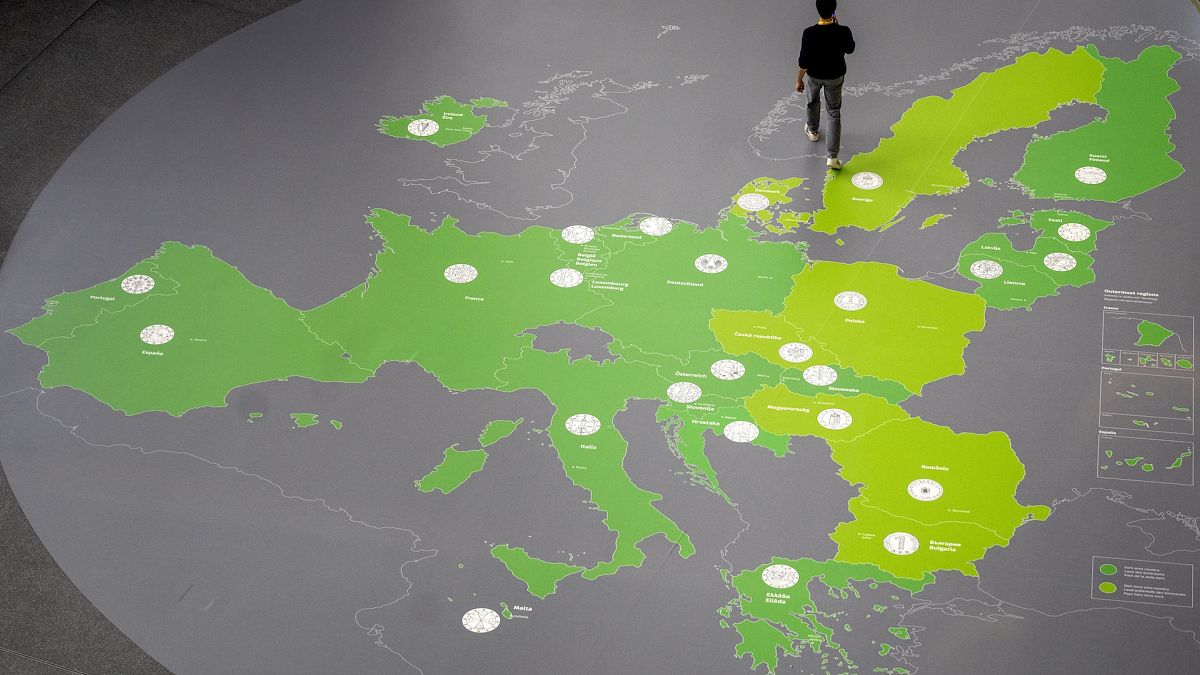Eurozone business activity contracted in September, and weaker demand eased inflationary pressures. This supports the case for a European Central Bank (ECB) rate cut in October, seen as needed to encourage growth.
The eurozone’s private sector declined more sharply than expected in September, entering contraction territory with a drop to levels last seen in January, according to preliminary Purchasing Managers’ Index (PMI) surveys.
The Composite PMI Index for the broader eurozone fell from 51.2 to 48.9, missing economists’ expectations of 50.6.
After an Olympics-driven boost to business activity in August, output in the French private sector slipped back into contraction in September, joining Germany, where the pace of decline was the most pronounced since February.
Both services and manufacturing sectors underperformed, highlighting increasing challenges for businesses across the bloc.
Manufacturing activity fell from 45.9 to 44.8, its sharpest contraction since December 2023, extending its recessionary trend to a 27th consecutive month. Services activity also stalled, slipping to 50.5 from 52.9, below the expected 52.1 and marking its slowest pace since February.
The downturn in eurozone business activity was driven by a drop in new orders, shrinking work backlogs, and waning confidence. As a result, companies cut jobs for the second consecutive month, with the pace of layoffs hitting its fastest since August 2020.
However, weaker demand helped ease inflationary pressures in September, increasing the likelihood of further rate cuts by the European Central Bank (ECB).
“The eurozone is heading towards stagnation. Considering the rapid decline in new orders and the order backlog, it doesn’t take much imagination to foresee further economic weakening,” said Dr Cyrus de la Rubia, Chief Economist at Hamburg Commercial Bank.
The economist noted that the slowdown in input and output price inflation opens the door for a possible rate cut from the ECB as early as October.
France joins Germany among eurozone laggards
France’s private sector saw a sharp decline in September, marking its lowest contraction in eight months as the Olympic boost dissipated. The French Services PMI reversed sharply from 55 points in August, its highest since May 2022, to 48 in September, its lowest since March.
“It is a sad reality; the strong growth in the French economy seen in August evaporated by September. The situation remains bleak, and industrial companies lack optimism. Orders from North America and key European markets like Germany are particularly affected,” said Dr Tariq Kamal Chaudhry, Economist at Hamburg Commercial Bank.
Dr Chaudhry added that politically, the situation remains unstable after the snap elections and the appointment of Michel Barnier as Prime Minister, with no clear parliamentary majority to push through much-needed economic reforms.
Market reactions: Euro, bond yields drop
The weaker-than-expected eurozone private sector sentiment triggered negative reactions in European markets on Monday.
The euro fell 0.7% against the US dollar by 10.25am Central European Time, dipping below 1.11. European bond yields plummeted on the news, with German bund yields down 15 basis points.
In equity markets, Italy’s FTSE MIB underperformed, falling 0.7%, followed by France’s CAC 40, down 0.3%.
The Euro STOXX 50 was flat, while Germany’s DAX saw a slight gain of 0.2%.
Banks were among the hardest hit, with shares of Commerzbank sinking over 5%, and Unicredit down nearly 2% after the German government announced it would retain its stake in the lender for the time being.
The announcement weighed on the sector, with Societe Generale falling 2.9%, BNP Paribas 2.2%, ING Group 1.7%, BBVA 1.7%, Banco Santander 1.4%, and Deutsche Bank 1.3%.
Read the full article here
















